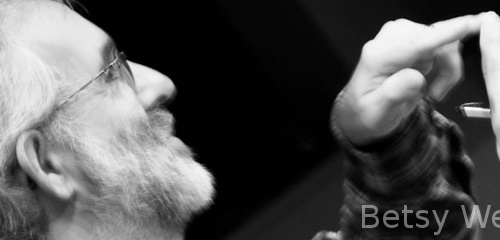When is a Yes not a Yes?
When I introduced Michael to Derek, a Methodist minister, the conversation turned to ethics and morality. “Are you allowed to lie?” asked Michael, a little aggressively.
Pausing just fractionally, Derek replied, “In certain circumstance, yes. It’s called Situational Ethics. That’s when your answer is simply a way of saying Mind Your Own Business.”
Michael was not satisfied. “A lie is a lie,” he maintained, “and a clergyman should set the example by never telling a lie.”
A lie is defined as telling an untruth with the intention to deceive. However, if someone asks you a personal question, when they are not entitled to know the truth, do you have to answer truthfully? Do you have to empower them with the knowledge?
Now imagine a situation in another country, somewhere in the Far East, for example. Your boss has written an article and asks your opinion of it. To tell him the truth would not only upset him but cause him to lose face. You are, after all, less senior to him, and it would be presumptuous to indicate that you could do a better job.
What would you do? Would you lie? Of course you would, because you would be giving him the respect of his position, and you’d want to avoid hurting his feelings.
In every case, telling an untruth carries the intention to deceive, but it may be to avoid empowering the other person or to prevent discomfort or loss of face. It may even be to protect someone from the person asking the question.
The philosopher Immanuel Kant argued that lying is always morally wrong. In the examples I have given, you may feel that there are exceptions, but some will argue that there is a change in the moral climate that makes lying more common these days. They may also claim that lying corrupts the process of free rational choice. A third consequence may be that it subordinates a person through fear of the questioner.
In cultures that avoid saying “No” the distinction may be less well defined. In the Bahasa Indonesia language there are a dozen ways to say “No” and many ways to say, “I’m saying Yes but I mean No.”
And when I’ve been training in cross culture abroad, some other nations have said they feel that way about Britain and ask, When is a Yes not a Yes?



